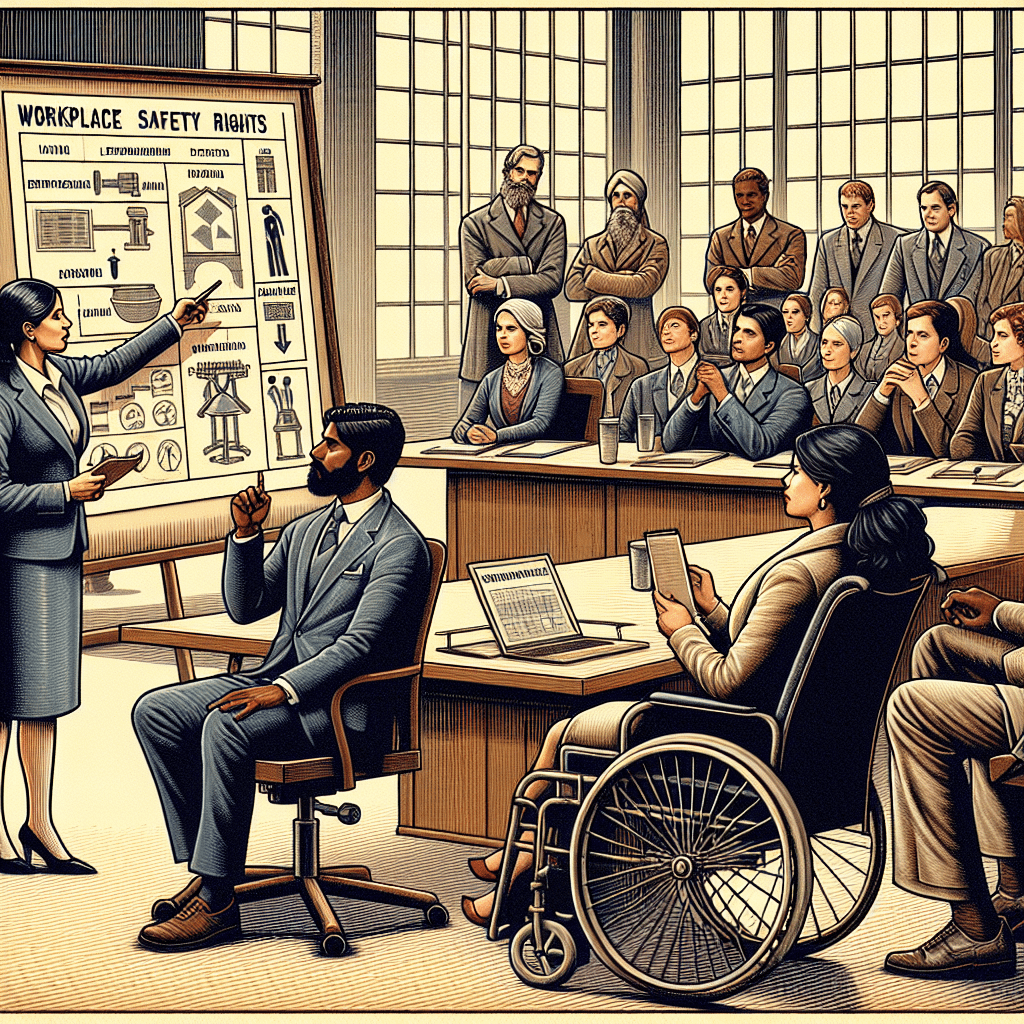What are My Rights if Injured at Work?
Injuries at work can be unexpected, unsettling, and quite a bother. But understanding your rights when you’re hurt on the job is key to ensuring you get the support and compensation you deserve. Here’s a handy guide to help you navigate this tricky situation.
Understanding Workers’ Compensation
In Australia, if you’re injured at work, you’re typically covered by what’s called “workers’ compensation.” This is a form of insurance that provides you with financial benefits if you’re hurt, so you don’t have to stress about medical bills or lost wages during recovery.
What does it cover? Generally, workers’ compensation can help with things like covering your medical treatment, reimbursing rehabilitation costs, and compensating for lost wages.
Do I qualify? All employees, whether full-time, part-time, or casual, are usually covered. However, laws can vary slightly depending on which state or territory you’re in, so it’s essential to understand the specifics that apply to you.
Reporting Your Injury
One of the first steps if you get injured is reporting your injury to your employer as soon as possible. Employers need to document incidents and file the necessary reports with their insurer. Failing to report promptly can complicate or even jeopardize your claim.
Example: Imagine you slip and injure your back while lifting heavy boxes at a retail job. Reporting this slip immediately to your manager and recording it in the incident log is crucial.
Filing a Claim
Once your injury is reported, you’ll need to lodge a workers’ compensation claim. This involves filling out a claim form, which your employer will provide or you can obtain from your state’s workers’ compensation authority.
Documents to prepare:
- Medical Certificates: Showing what injury you sustained and how it affects your work.
- Incident Reports: Details about how, when, and where the injury happened.
The sooner you can submit your claim, the better. Insurers need this documentation to start processing your claim and providing you with the necessary support.
Rights During Recovery
While you’re recovering, you’re entitled to several benefits. These might include payment for medical services, therapies, and even travel expenses if they’re related to your treatment. Additionally, your employer should support your return to work with suitable duties if you’re unable to perform your regular tasks straight away.
Protecting your job: In most cases, your job should be protected while you recover. Your employer is obliged to keep your position available or offer a comparable one once you’re fit to return, depending on the recovery time expected.
Dealing with Disputes
Sometimes, things don’t go as smoothly as they should, and disputes can arise—perhaps an insurer disputes the extent of your injuries or denies your claim outright. Fortunately, there are avenues for resolving these disagreements.
You can request a review of the decision through the workers’ compensation authority in your state, and legal guidance is often beneficial in these situations. Support services and free advice are frequently available through unions, legal aid, or specialized law firms.
Intangible Impacts
Beyond financial and medical support, understanding the emotional and psychological impacts an injury might have on you is crucial. Seeking support from counselors or support groups can make a significant difference in your recovery process.
Practical Tips:
- Document Everything: Keep detailed records of all interactions with your employer and insurer, medical appointments, and any correspondence related to your injury and claim.
- Seek Professional Advice: While this guide gives a broad overview, getting specific advice from legal or workers’ compensation professionals is always a good step if you’re head-butting with complex issues.
- Stay Informed: Knowing your rights and the resources available is empowering. Online resources, government websites, and legal clinics often offer useful information.
With these pointers, you should be better equipped to handle an unpleasant work-related injury. Remember, understanding your rights is the first step to making sure your needs are met while you’re on the mend.








